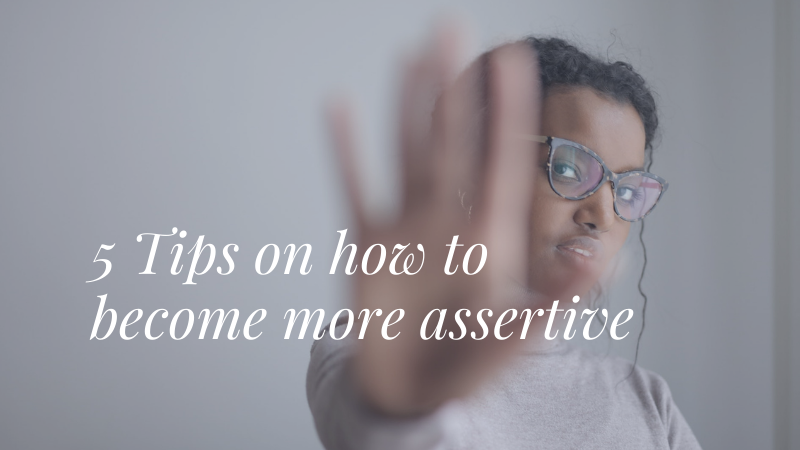It is believed that being assertive is a core communication skill. Because assertiveness can help you express yourself effectively. And stand up for your point of view, while also respecting the rights and beliefs of others.
Moreover, being assertive can also help increase your self-esteem and earn others’ respect. This can help with stress management, especially if you tend to take on too many responsibilities because you have a hard time saying ‘no’.
WHAT IS ASSERTIVENESS?
It worth noticing that it’s not always easy to identify truly assertive behavior. This is because there’s a thin line between assertiveness and aggression, and people can often confuse the two. For this reason, it’s useful to define the two behaviors so that we can clearly separate them:
- Assertiveness is based on balance. It requires being forthright about your wants and needs, while still considering the rights, needs, and wants of others. When you’re assertive, you are self-assured. Also, you draw power from this to get your point across firmly, fairly, and with empathy.
- Aggressive behavior is based on winning. You do what is in your own best interest without regard for the rights, needs, feelings, or desires of other people. When you’re aggressive, the power you use is selfish. You may come across as pushy or even bullying. You take what you want, often without asking.
Ultimately, assertiveness is about values—it means that we live our lives according to our values, not someone else’s.
THE BENEFITS OF BEING ASSERTIVE
One of the main benefits of being assertive is that it can help you to become more self-confident. As you gain a better understanding of who you are and the value that you offer.
Assertiveness provides several benefits that can help you both in your workplace and in other areas of your life.
Being assertive means being direct about what you need, want, feel, or believe in a way that’s respectful of the views of others. It’s a communication skill that can reduce conflict, build your self-confidence, and improve relationships.
Communicating in an assertive manner can help you to minimize conflict, to control anger, to have your needs better met, and to have more positive relationships with friends, family, and others.
5 TIPS HOW TO BE MORE ASSERTIVE
- Make imperfect decisions. When you’re faced with a trivial joint decision with someone. For example, which movie to watch on Netflix with a friend? Just pick the first thing that comes to mind and say that’s what you want to watch. Don’t worry if you’re not totally sure if that’s what you really want to watch or how the other person may or may not feel.
- Stop apologizing when you haven’t actually done anything wrong. Often times we say we’re sorry because we’re uncomfortable with the fact that someone else is uncomfortable, and so we say we’re sorry in an attempt to “make things better” and relieve the discomfort of the situation.
- Get comfortable saying no. If someone asks a favor that’s either unreasonable or that you simply don’t want to go along with, simply say no. Understand that you’re going to feel uncomfortable afterward. And that the whole point is to build up your tolerance for that discomfort.
- Stop trying to manage how other people feel. Instead of offering solutions to or doing things to try and make people feel better, try simply acknowledging that they’re having a hard time and leaving it at that.
- Use ‘I’ statements. Using “I” statements lets others know what you’re thinking or feeling without sounding accusatory. For instance, say, “I disagree,” rather than, “You’re wrong.” If you have a request, say, “I would like you to help with this” rather than, “You need to do this.” Keep your requests simple and specific.
Remember:
As you practice being more assertive even in small ways it’s going to feel uncomfortable for you as well as the people around you who are used to you being less assertive.
It’s important that you expect this so that at least you’re not caught off guard by it in the moment.
https://www.psychologytoday.com/ie/basics/assertiveness
https://www.nuigalway.ie/counsellors/self-help/assertiveness/

